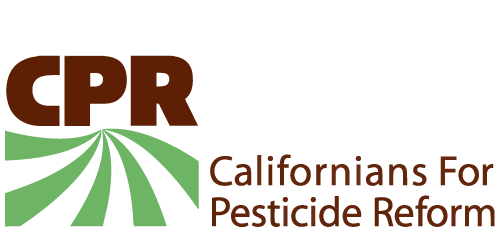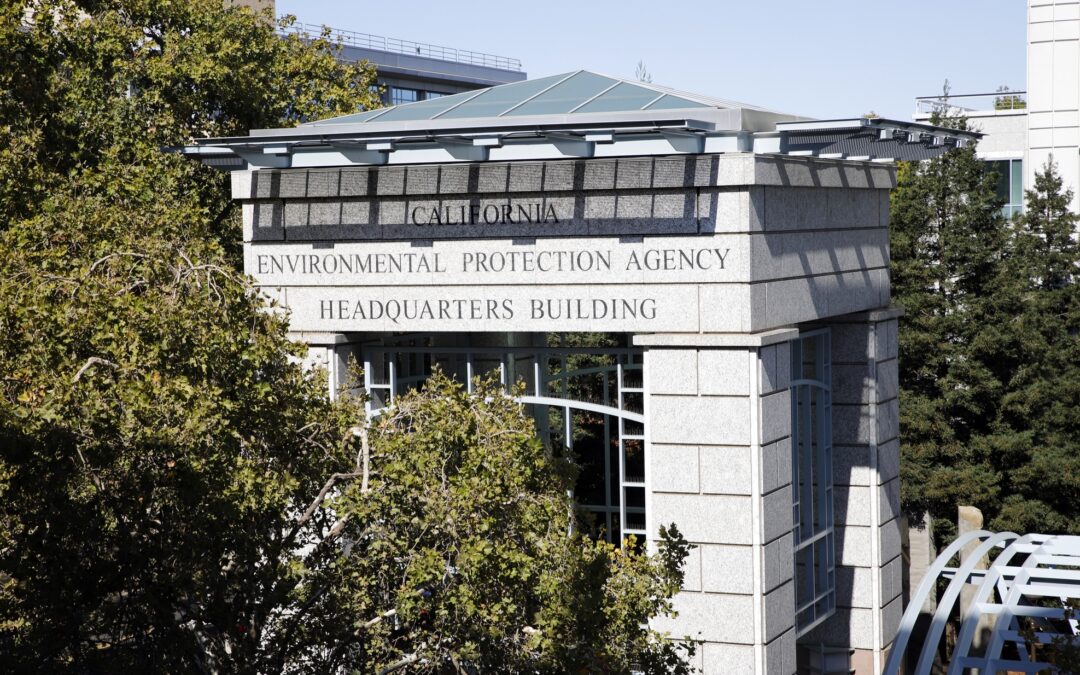For immediate release: February 20, 2023
Contact:
Jane Sellen, jane@pesticidereform.org
Emily Summerlin, esummerlin@panna.org
Environmental justice advocates demand an end to the racial disparities of pesticide health impacts
(Sacramento, CA) – Environmental justice advocates in California applaud Assemblymember Alex Lee’s (D-San José) recent introduction of AB 652 – a bill that would establish an environmental justice advisory committee at the California Department of Pesticide Regulation (DPR). The bill represents advocates’ latest push for more accountability of DPR to residents of majority-Latinx agricultural communities in California experiencing the brunt of the health impacts from pesticide exposure.
“DPR blatantly ignores the needs of environmental justice communities in its decision-making, consistently siding with the recommendations of industrial agriculture instead. The most recent example is DPR’s proposed regulation of the cancer-causing pesticide 1,3-D, where it chose the exposure limit supported by manufacturer Dow Chemical over that of its own state scientists, which is 14 times lower,” said Angel Garcia, co-director of the statewide coalition Californians for Pesticide Reform. “We thank and applaud Assemblymember Alex Lee for his leadership in shining the spotlight on this type of biased decision-making at DPR.”
The California Environmental Protection Agency found pesticides to be one of the top two pollutants in California whose health impacts are most closely correlated with race and ethnicity. The health effects from pesticide exposure primarily impact majority Latinx rural communities in California – especially farmworkers. Health impacts include acute poisoning and long-term diseases like cancer that affect both adults and children.
“Given how the health impacts from pesticide exposure are primarily borne by environmental justice communities in California, it’s critical that they play a central role in how pesticides are regulated in the state. Establishing an environmental justice committee at DPR is an important first step at getting community voices at the table,” said Asha Sharma, Organizing Co-Director with Pesticide Action Network.
The environmental justice advisory committee would provide policy recommendations to the Department in order to reduce health disparities from pesticide exposure. The committee would be composed of farmworker advocates, environmental justice organizations, socially disadvantaged farmers and ranchers, and Native American and tribal groups. Californians for Pesticide Reform and Pesticide Action Network are co-sponsors of the bill.
“There is currently no formalized, public, or consistent way for environmental justice advocates to provide recommendations to DPR,” said Yanely Martinez, coordinator of the Monterey Bay-based coalition Safe Ag Safe School. “We need this bill to increase DPR’s transparency and accountability to our communities.”
###
Californians for Pesticide Reform is a diverse, statewide coalition of 200+ member groups working to strengthen pesticide policies in California to protect public health and the environment. Member groups include public and children’s health advocates, clean air and water groups, health practitioners, environmental justice groups, labor, education, farmers and sustainable agriculture advocates from across the state.
Pesticide Action Network works alongside those on the frontlines of pesticide exposure — from farmworkers to rural communities to beekeepers – to create a just, thriving food system. PAN links local and international consumer, labor, health, environment and agriculture groups into an advocate network, challenging the global proliferation of pesticides and defending basic rights to health and environmental quality. PAN was founded in 1982 and has five independent, collaborating Regional Centers that implement its projects and campaigns.

